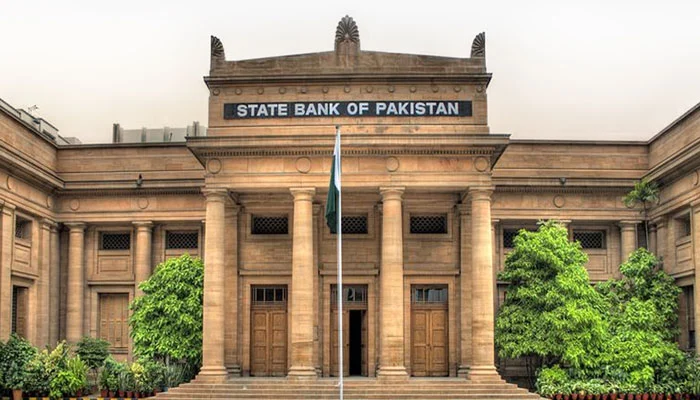As millions across Pakistan grapple with persistent internet disruptions that have severely impacted both communication and business activities, the Pakistan Software Houses Association (P@SHA) has voiced strong concerns about the government’s handling of the situation. The lack of consultation and collaboration between the government and the IT industry has left businesses frustrated and uncertain about the future.
Speaking on Geo News’ program “Geo Pakistan” on Monday, P@SHA Senior Vice Chairman Ali Ihsan expressed disappointment over the government’s exclusion of the association from crucial discussions related to internet regulation and security measures. “We want to work with them [the government]. What such need arose that we have been thrown out of the loop?” Ihsan questioned, highlighting the association’s willingness to collaborate with the authorities to find effective solutions.
The current internet disruptions, characterized by slow speeds and restricted access, have been linked by experts to increased security measures, including the installation of an internet firewall. This firewall is designed to block unwanted content from reaching the public and inspect data originating from various internet protocol addresses. The system employs keyword filtering to detect content deemed undesirable or a threat to national security. Such posts are either camouflaged or made invisible to users, particularly on social media platforms like Facebook, YouTube, and X (formerly known as Twitter).
In addition to these measures, the government is reportedly preparing to prevent the “misuse” of Virtual Private Networks (VPNs). It is considering making it mandatory for citizens to inform the Pakistan Telecommunication Authority (PTA) about the VPNs they are using. However, the government has denied allegations that it is responsible for the internet slowdown, attributing the issue instead to the widespread use of VPNs. During a press conference in Islamabad, a government representative stated, “I can swear that the government of Pakistan did not block the internet or slow it down. Turning VPN on slows down the phone.”
Elaborating on the ongoing situation, Ihsan pointed out that P@SHA had been involved in previous discussions with the PTA regarding VPN bans. In these discussions, the association had provided advice on how to protect businesses while implementing such measures. “If we were taken into confidence this time, we would’ve told them to whitelist IT businesses and not subject them to the internet firewall as our IPs are tracked via identification records,” Ihsan explained. He emphasized that the association could offer valuable guidance if included in the decision-making process, suggesting that certain measures could be temporarily disabled for testing and then reintroduced after thorough evaluation.
Reflecting on the impact of the current disruptions, Ihsan noted that some form of internet filtering had been in place for the past decade without causing significant issues for businesses. He questioned what had changed this time to cause such widespread problems, stressing the need for a more transparent approach.
The economic consequences of these disruptions have been severe, with P@SHA estimating a loss of $300 million due to the ongoing issues. Businesses have reported reputational damage, lost contracts, and disruptions to core operations. Ihsan recounted instances where leading IT companies had their business process outsourcing (BPO) services severely affected, with some companies reporting a 40% reduction in service availability. He also mentioned a healthcare company with a $50 million business in Pakistan that had 200 communication lines down for an entire week.
Ihsan himself experienced the consequences of the internet disruptions firsthand. “I was negotiating a contract worth $500,000 when my virtual call dropped for about one and a half hours,” he lamented, underscoring the direct impact on business negotiations.
In response to the government’s statements regarding VPN usage, Ihsan questioned how many people could realistically be using VPNs simultaneously to cause such widespread slowdowns. He also raised concerns that the internet firewall might be interfering with content delivery networks (CDNs), leading to choked internet traffic. “We fear that certain technology was being used whose lack of proper integration will prevent this issue from being solved in the short term altogether,” Ihsan warned.
P@SHA’s concerns highlight the need for greater collaboration between the government and the IT industry to address the challenges posed by internet disruptions. The association’s calls for transparency and inclusion in decision-making processes underscore the importance of maintaining open channels of communication to ensure that the IT sector can continue to thrive in Pakistan’s increasingly digital economy.



